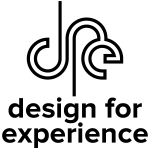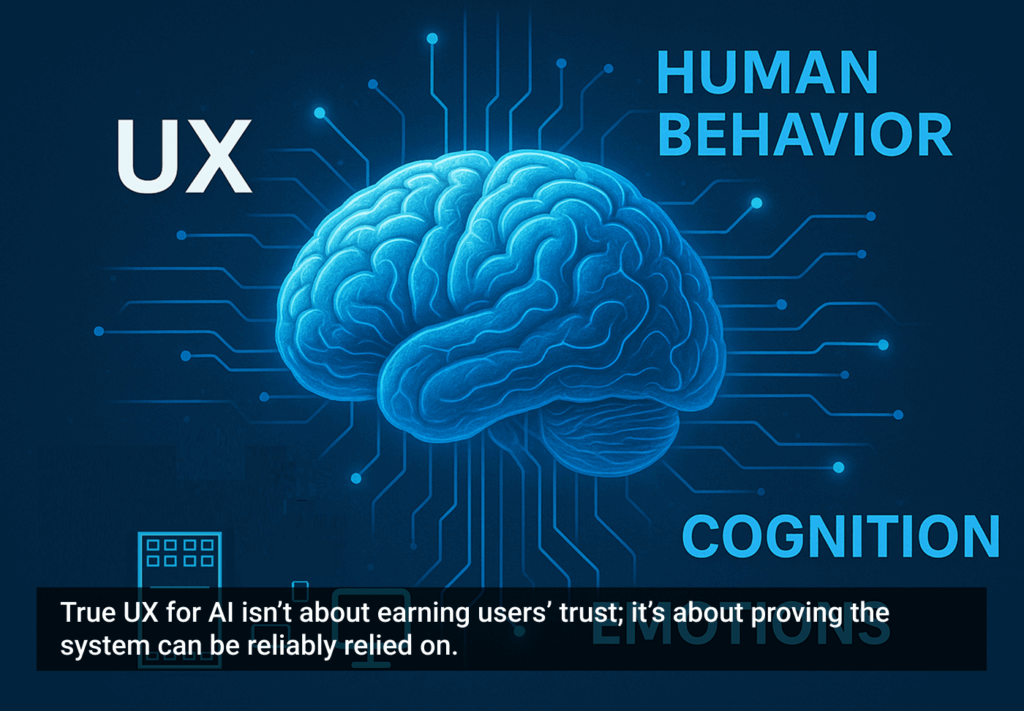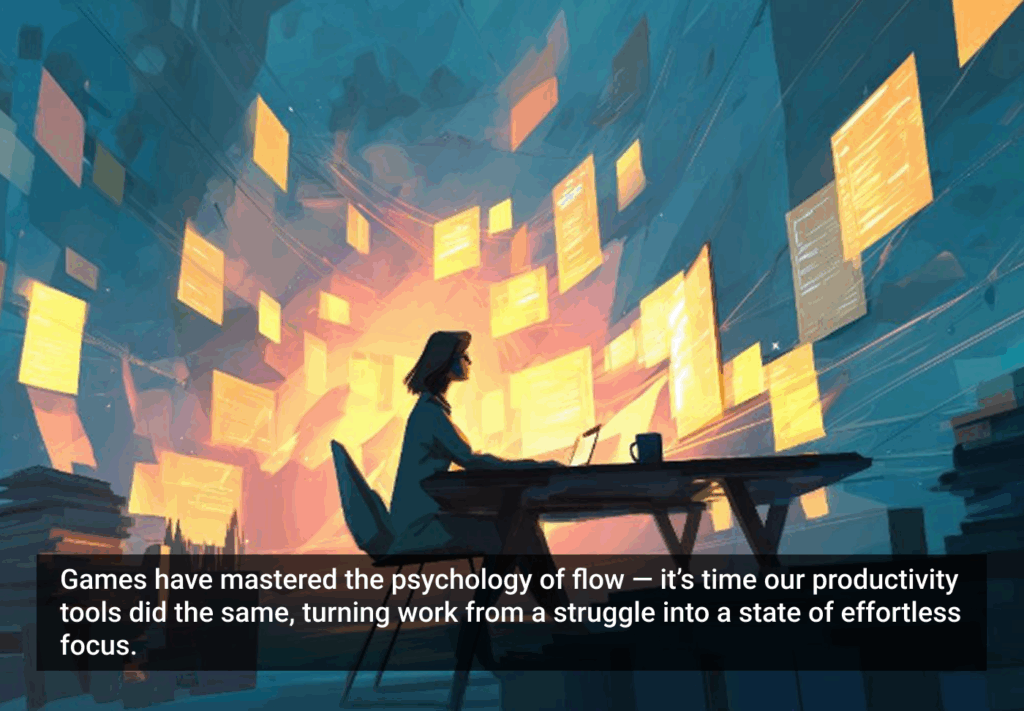In an article published back in June titled “Tectonics of UX,” Design for Experience award judge Mark Baskinger put forth an intersting question: “Quite often, design is thought of as a problem-solving exercise. But is it really about problems? Or is design about potential?”
“Applicants to design school often write that they are attracted to the ‘problem-solving’ nature of design,” the article continues. “Perhaps the point of the first few weeks of school should be to change their understanding of what design is believed to be and what it is … Students have the remainder of their educational experience and their whole careers to explore what design could be.”
Baskinger is an associate professor in the School of Design at Carnegie Mellon University, so the question of how to most effectively prepare students for experience-oriented professions is in familiar territory. The DfE Academic Program award looks at both traditional and non-traditional settings that do the best job of preparing students with the right information, skills, soft skills, and experience to contribute valuably to experience-driven projects. This acedemic excellence can be represented by approaching students with philisophical shifts in thinking like those Baskinger describes or programs like those at the Illinois Institute of Design that ephasize a foundation of business strategy.
If design is about potential, then students represent a wellspring of it. The DfE awards are interested in nominations for this category that take any number of appraoches to preparing students and helping them make the most of their own potential.
If you know of academic programs that prepare students in an effective way that we can all learn from, nominate them. If you think that your academic program deserves DfE recognition, apply for this award right now!
Image of magical books courtesy Shutterstock








